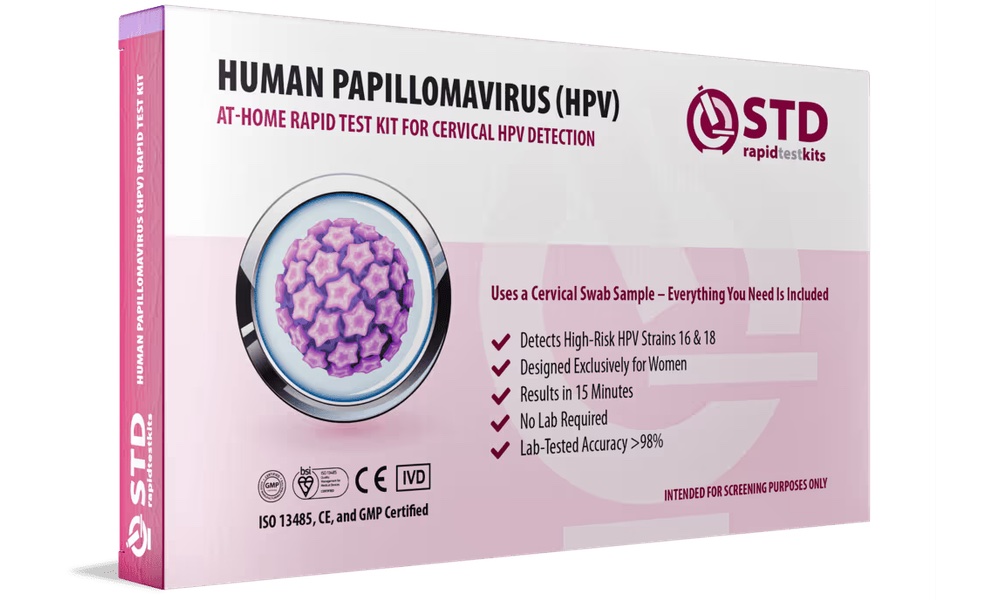Researchers have made major steps in understanding how cancer cells signal to – and often manage to evade – the immune system. Building on previous research that found that cancer cells use a protein, CD47, that signals immune system cells, "don’t eat me," they found that cancer cells also seem to possess a protein on their surfaces, CRT, that essentially says to the immune system, "eat me", which the team says could lead to powerful cancer fighting drugs in the future.
When the CD47 'don’t eat me' signal is turned off or blocked with an antibody, immune cells don’t just ignore the cancer cells, but actually wage an attack on them.
But the researchers realized that there must be something else going on here, because, as author Ravindra Majeti points out in a Stanford University news release, "[i]t wouldn’t be likely that killing cells was the default action of the immune system." Therefore, he and his team figured "that there had to be an ‘eat me’ signal that the cancer cells were also carrying in addition to CD47."
They found that certain forms of cancer, like bladder, ovarian, brain, leukemia, and non-Hodgkin’s lymphoma contain this calreticulin or CRT surface protein. This is the reason that when the CD47 "don’t eat me" signal is turned off or blocked with an antibody, immune cells don’t just ignore the cancer cells, but actually wage an attack on them. Interestingly, normal cells don’t express nearly the amount of CRT as cancer cells do, which is probably why they don’t get eaten when the "eat me" signal is suppressed.
Graduate student and author Mark Chao explains that "[i]n cancer, CRT expression may be a marker of this process, requiring cancer cells to make more CD47 to avoid getting eaten. It’s also possible that CRT confers some unknown advantage on cancer, which is an area we are actively investigating."
The authors say an important avenue for cancer research will be to take advantage of this "eat me" signal and develop effective CD47-antibodies for human use.




